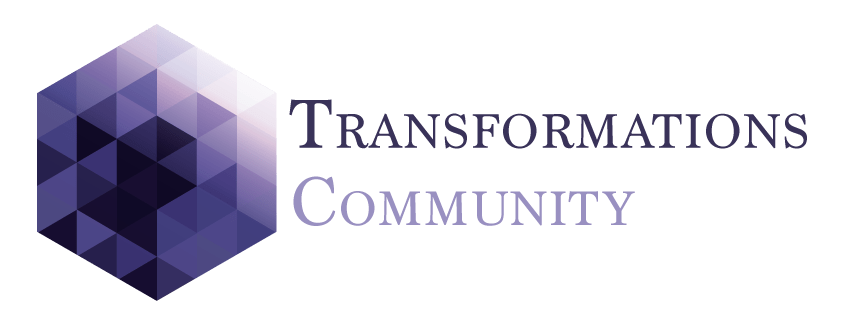Purposefully transforming our societies is difficult, complex, and messy. Innovative change strategies often fail and there are no general solutions. And even when we have developed promising possibilities, they may falter when we try to scale them upward and outward. This dialogue focused on developing transformations support structures, which intertwine action and learning, such as “Transformation Labs”, “Co-Labs”, “Bright Spots”, and “Learning Networks”.
These structures operate in the permeable domain between manageable transformations, such as organizational change, and large-scale social-ecological transformations, which can be influenced, but rarely guided. They have a clear process design and expert facilitation and possess a flexible structure that enables them to learn and adapt, supporting sense-making and co-creation. When they operate well, these processes can disrupt old habits and foster new collaborative relationships, reinforcing participants’ shared ties and purpose while providing freedom to experiment. By creating trusting experimentation spaces they enable change agents to engage in radical action and learning and reshape higher-order systemic relationships.
However, the features that provide learning networks with their transformative potential can make them difficult to organize and maintain. They are voluntary and require a high level of commitment and operate in turbulent institutional environments where change opportunities can be fleeting. Despite the need to sustain commitment through multiple learning-action cycles, they are often lightly resourced and reliant on support from fickle sponsors. This dialogue explored these strengths and limitations by focusing on six linked Transformation (T) Labs developed by the Pathways Network.
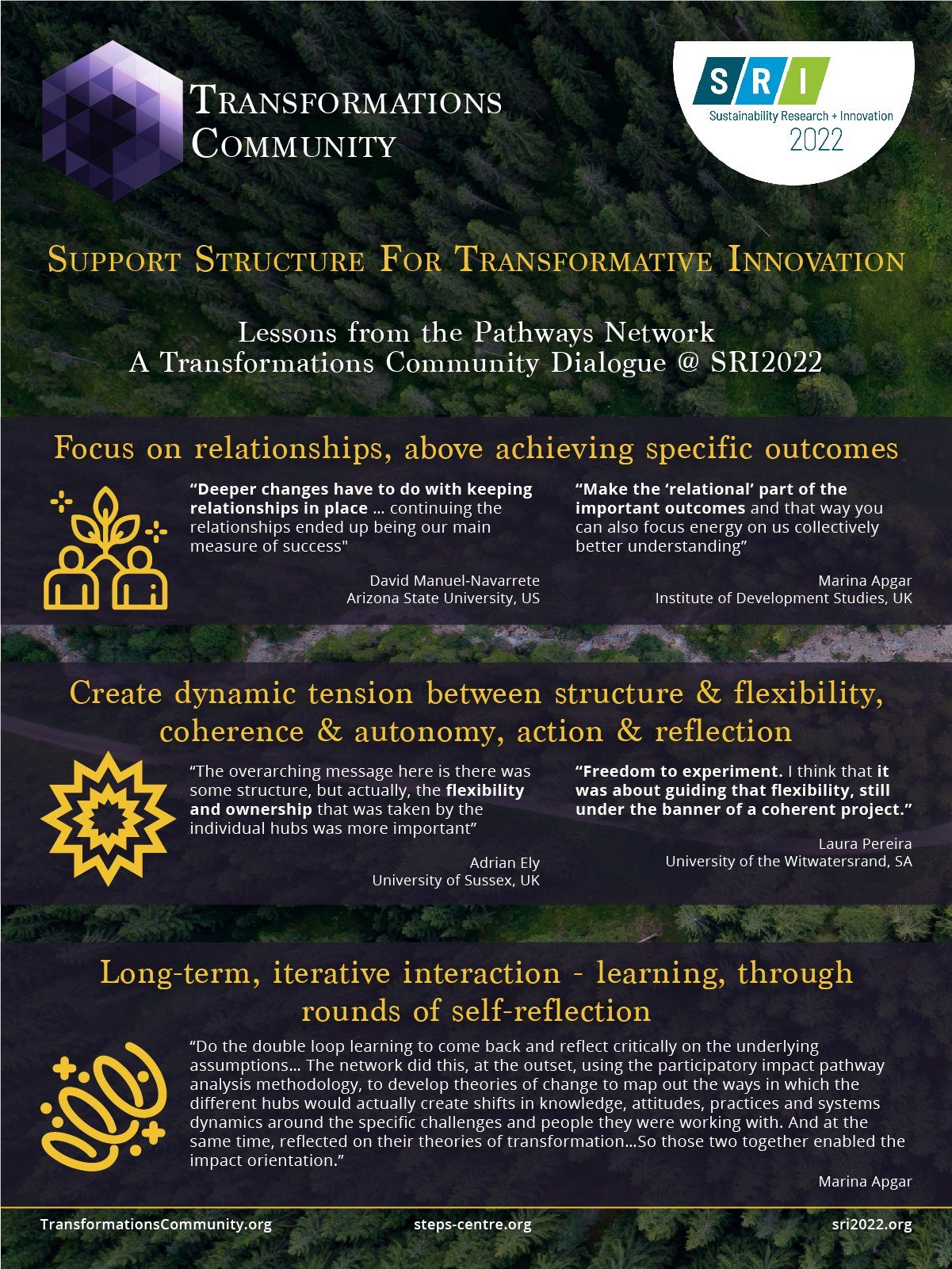
Panelists:
Adrian Ely: Reader in Technology & Sustainability and Co-Director of Training @SPRU @SussexUni, formerly Deputy Director & Head of Impact and Engagement @stepscentre.
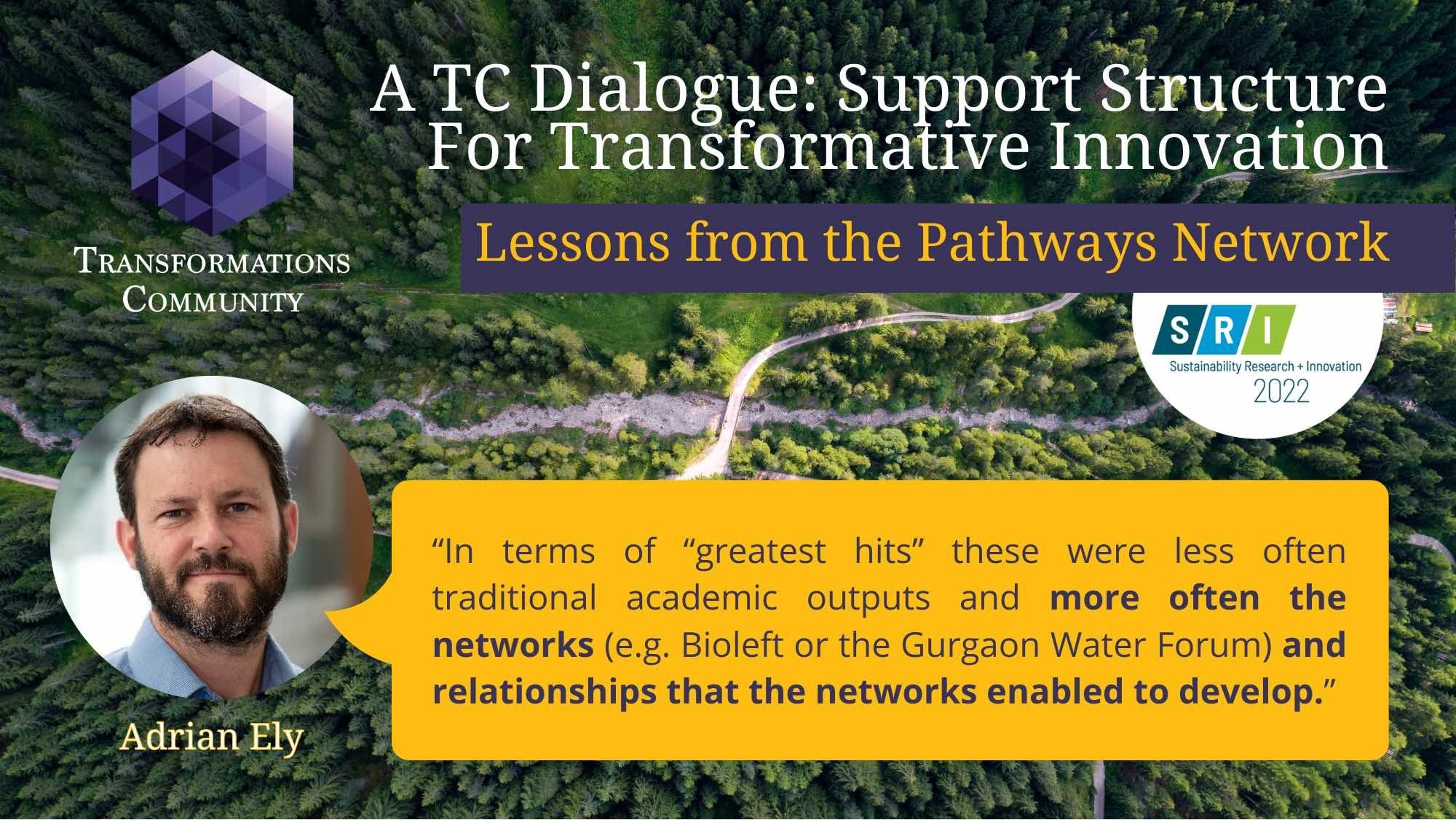
Marina Apgar: Research fellow Institute of Development Studies. Marina Apgar is a human ecologist with 20 years of experience in international development.
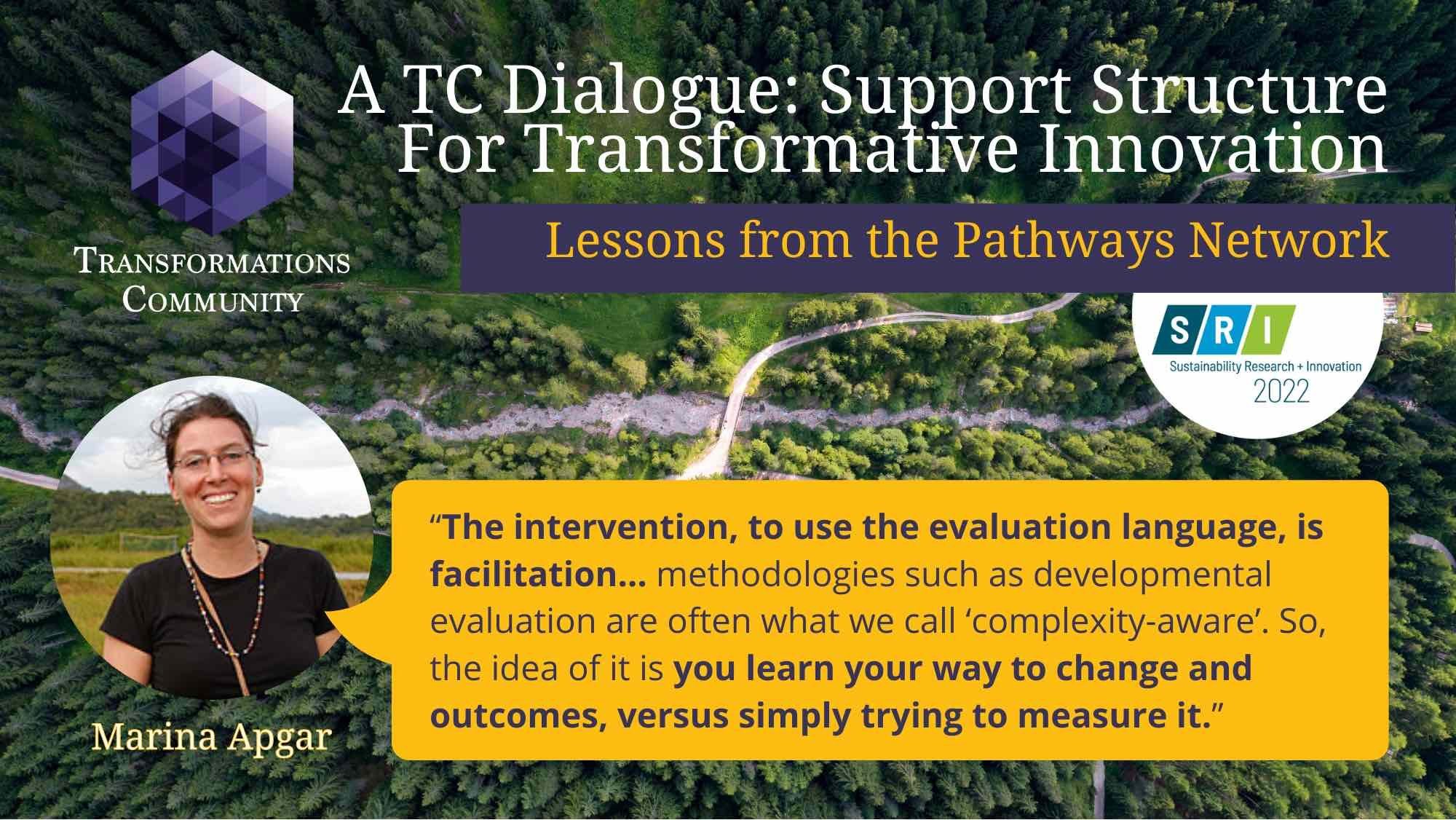
David Manuel-Navarrete: Associate Professor at Arizona State University, US. David has conducted sustainability research and assessments in Argentina, Brazil, Central America, and Mexico. He teaches international development and sustainability and sustainability science.

Laura Pereira: Associate Professor at the University of the Witwatersrand. Laura is a senior researcher working on the Programme on Climate Smart Livestock in East Africa (PCSL) at the Copernicus Institute of Sustainable Development at Utrecht University and affiliated to the Stockholm Resilience Center.
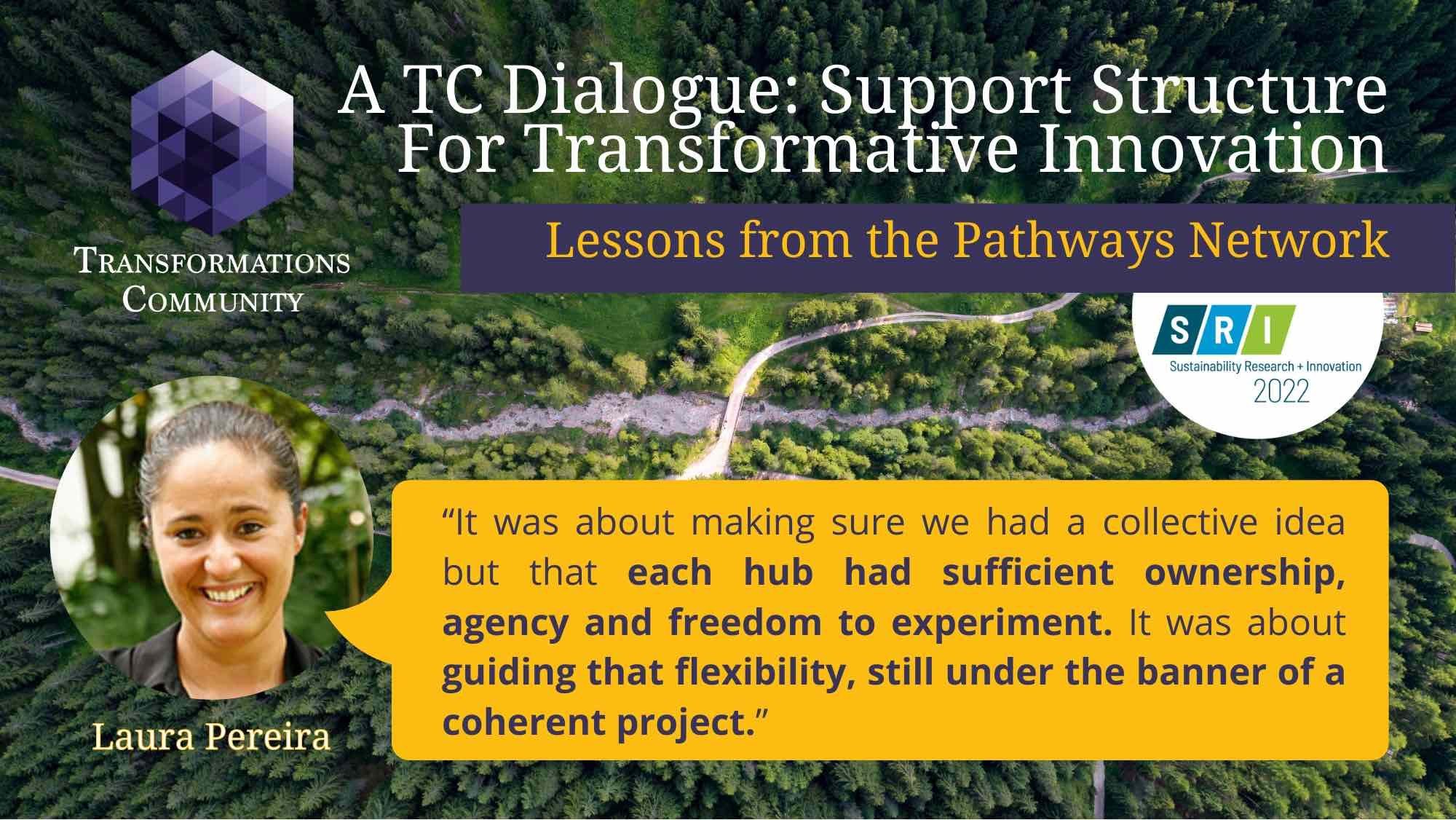
Watch the full video below, or read the transcript here. You can watch all 250 videos at SRI2022.org.
